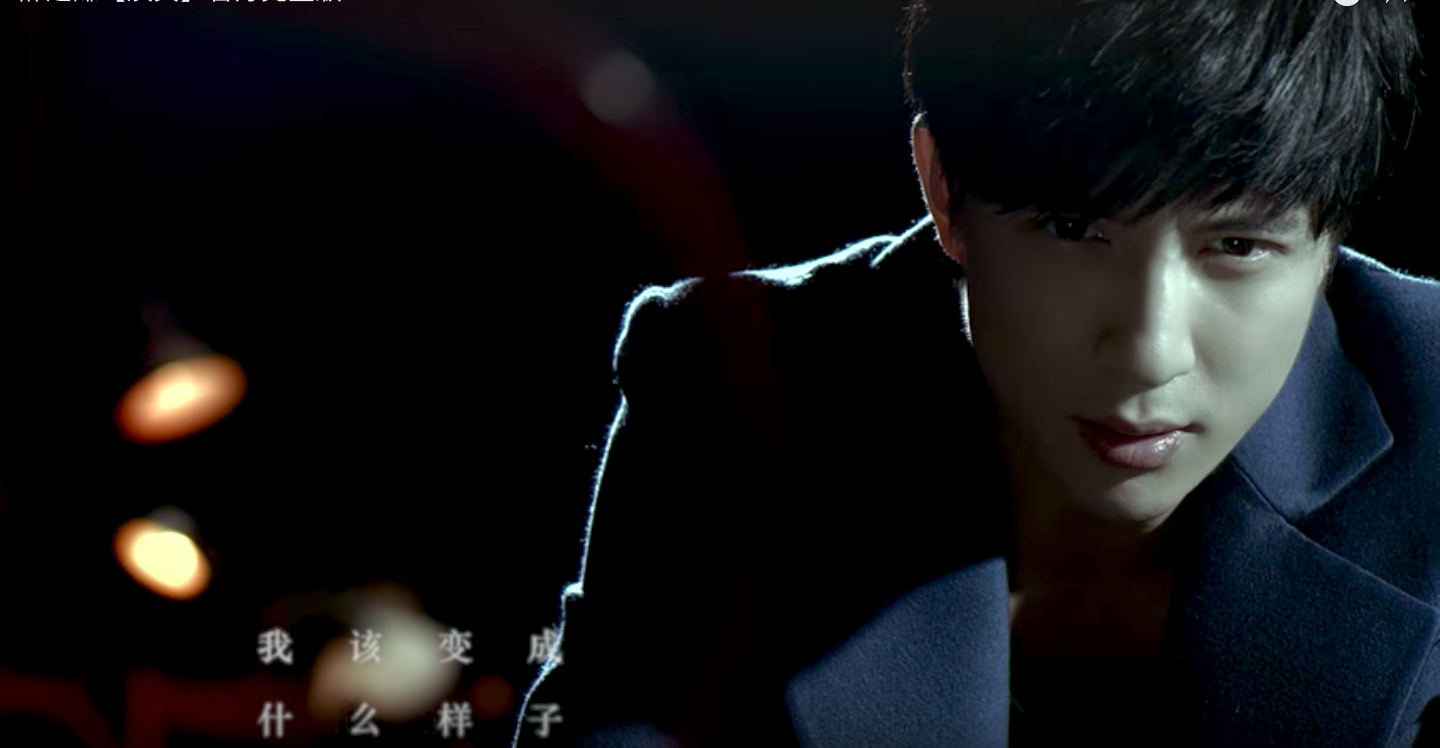We’re down to the last two entries for #AtoZChallenge in China! I can’t believe I reached this far! In today’s challenge, I have two blogs: a visual tour of the Yungang Grottoes in Ancient Shanxi Province (to be published later) and this blog where we sing to the tune of Yǎnyuán (演员 or “actor”), a popular Chinese song by Xue Zhiqian.
I first heard this song in September 2016 while browsing an app. I must say I fell in love with its melody (I’m such a sucker for ballads)
Though it’s quite a difficult song to sing not only because of its pitch but mostly because of its tricky word pronunciations. I kept on playing the song to the point that I memorized its melody but not its lyrics.
I asked my Chinese friend to help me translate Yǎnyuán into English. She gave me a version, but I forgot where I placed it. But luckily I found another translation.

Verse 1:
Make it simple, just speak bluntly with me.
Don’t hide your emotions, you’re not an actor.
Don’t create these meaningless scenes.I’m fine, I just want to see how you cover it up.
Your grief is too blatant, like an untalented actor.
The audience can see right through you.Chorus 1:
I’m trying to pretend I can’t see through your acting and go along with your performance.
Don’t force the person who loves you the most to do an impromptu act.
Since when did we throw away our morals and limits and went with the flow to see this pitiful performance?If you loved me so much before, why must you betray your feelings with these details?What must I do, what must I become so that you won’t be sick and tired of this relationship?
It seems that the true trial of love is the daily interactions when we put down our guards.Verse 2:
I’m fine with whatever you want to do.
Your act is limited, save your reflections,
I’m done with the constant quarrels, maybe breaking up is best.Chorus 2:
I’m trying to pretend I can’t see through your acting and go along with your performance.
Don’t force the person that loves you the most to do an impromptu act.
Since when did we throw away our morals and limits pretending to believe your lies?
Makes my cowardice seem less pitifulIf you loved me so much before, why must you betray your feelings with these details
What is my role in this performance?
It seems that the true trial of love is the daily interactions when we put down our guards.Bridge:
I’m the only audience to your performance.
Even though I can see that you still are a little reluctant
Even though the scenes are used to us pushing and pulling
Why does it even matter?It’s not like we are truly inseparable
The worst thing is to drag out this meaningless relationship
It’s getting harder and harder to force out the tears
Is it even worth it?Chorus 3:
Trying my best to go along with your act like a toy meant to be picked up and chosen
If you can still see these little details that reveal my love for you please cut them out to preserve my dignity
Why must you betray your feelings with these details?
This uncaring facade is my last mask
Isn’t it ironical that it’s my love for you that forced me to continue acting?
The fun thing in listening to this song is that I slowly learned more words and memorized some characters. I found that listening to Chinese pop songs is much an easier way for me to expand my vocabulary, though some friends told me that Chinese pop songs don’t use Mandarin tones.

https://youtu.be/f-j9X2x-15Y
Thanks for reading. Tomorrow, it’s the last entry for #AtoZChallenge in China but of course, we don’t say goodbye!
Photo screenshots from Taihe Music
See more of my #AtoZChallenge: Chinese Adventure

I like that pop music has helped you learn the language! That’s pretty cool.
Yes, and usually songs have expressions/common speak that language teachers don’t normally tell their students. Whereas we were taught to say “Ni hao ma” to ask someone how they are, a song titled “Ni guo de hao ma,” (“How have you been?” — when we see someone dear after a long while) taught me how to say that greeting in a polite — and mostly wishful — way. Hehe
Pingback:#AtoZChallenge in China: Zàijiàn (See You Again) – coolkid